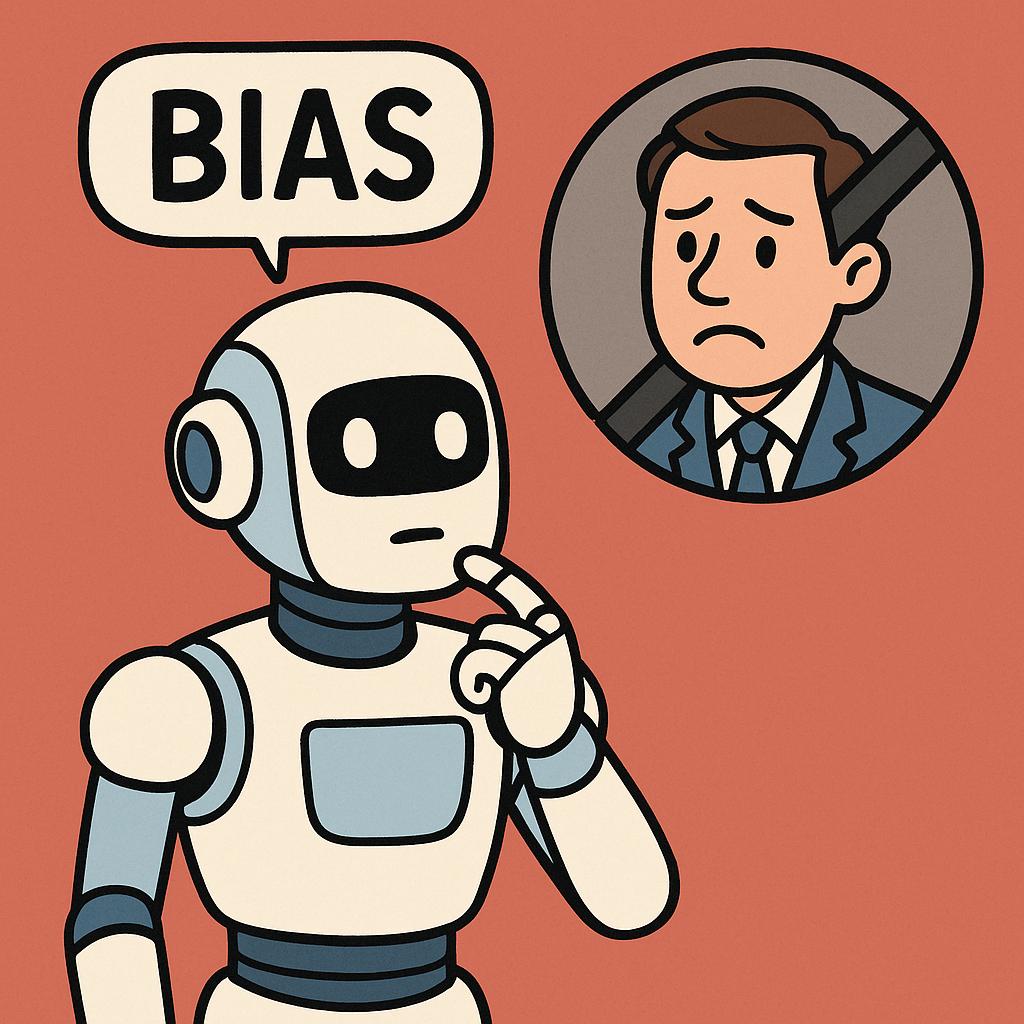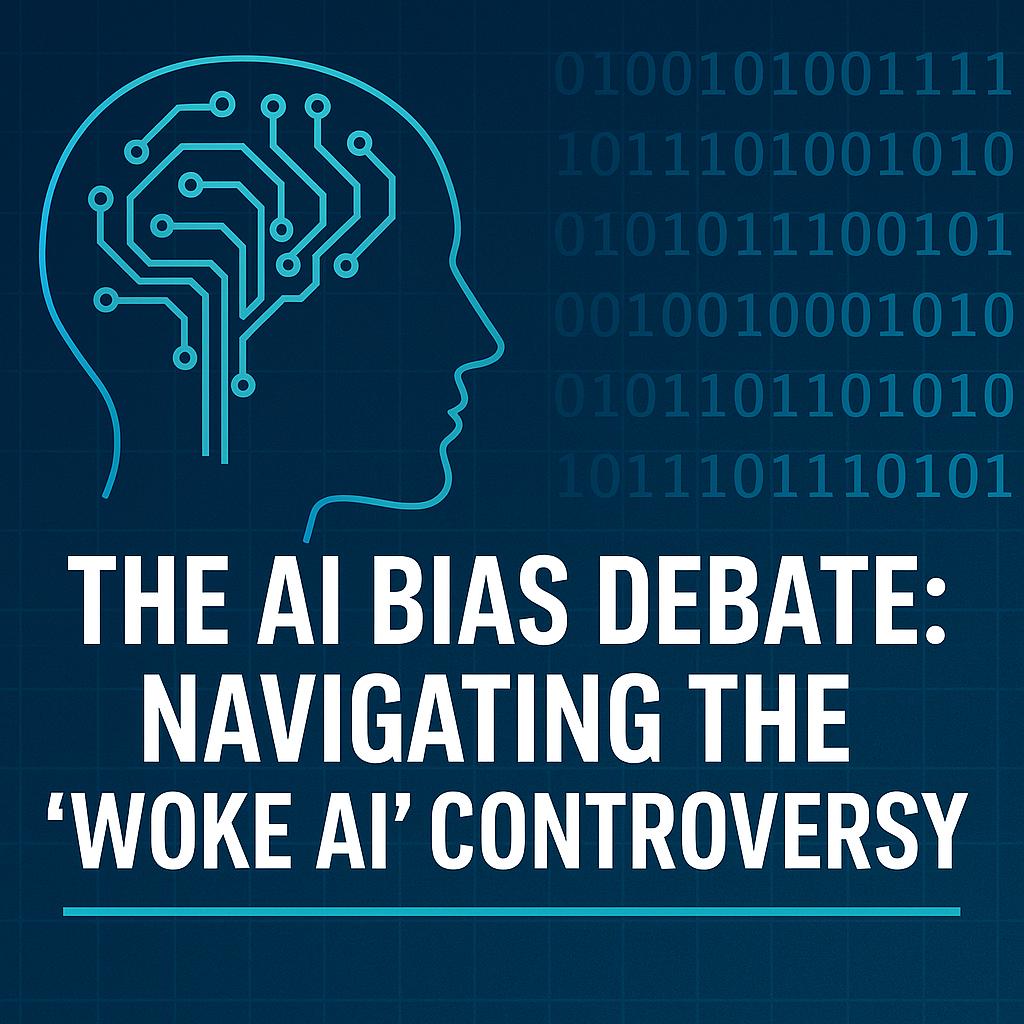Artificial intelligence is reshaping our world. Yet, an important debate is heating up: how do we ensure AI is truly fair?
Recently, political discussions have intensified around the concept of “woke AI.” Some argue that attempts to reduce bias in AI have gone too far. Others believe ethical AI development is critical to creating a just society. Let’s dive into the controversy, explore its implications, and uncover what it means for the future of technology.
What Is “Woke AI”?
“Woke AI” refers to efforts aimed at making artificial intelligence more socially aware and inclusive. Developers work hard to remove racial, gender, and cultural biases from their algorithms. For example, facial recognition tools historically misidentified people of color at much higher rates than white individuals (MIT Media Lab).
However, some critics, including former President Donald Trump, claim that bias reduction efforts introduce new biases. They argue that politically motivated AI could suppress free speech and innovation.
Why Does AI Bias Matter?
AI influences critical areas like healthcare, law enforcement, hiring, and banking. If algorithms are biased, the consequences can be devastating. For instance, a biased AI hiring tool might reject qualified candidates simply because of their race or gender.
At the same time, completely removing all bias is extremely difficult. Human data fuels AI, and human decisions often contain unconscious prejudice (Brookings Institution). Thus, developing neutral, fair AI is a complex challenge.
The Role of Government and Industry
Governments worldwide are beginning to regulate AI fairness. In the U.S., several bills propose transparency and accountability for AI systems. Tech companies, on the other hand, are creating internal ethics teams to guide AI development.
Nevertheless, critics worry that government involvement might overreach. They fear it could limit creativity or push political agendas into technology. Supporters, however, argue that without oversight, AI could worsen social inequalities.
How Companies Can Navigate the Controversy
First, companies must acknowledge bias openly. Sweeping it under the rug only erodes public trust.
Second, they should invest in diverse development teams. Research shows that teams with varied backgrounds produce more balanced AI models (McKinsey & Company).
Moreover, businesses should create transparent AI auditing processes. Sharing how algorithms are tested for fairness can help rebuild trust.
Finally, companies should engage with community stakeholders. Listening to feedback from diverse groups ensures that AI reflects a broader range of experiences.
What Lies Ahead for AI Ethics?
The “woke AI” debate is unlikely to end soon. As technology becomes more powerful, the stakes will only grow.
Moving forward, the tech industry must balance innovation with responsibility. Finding that middle ground will be crucial. Companies that succeed will not only avoid scandals but also create better, more inclusive products.
Ultimately, building fair AI isn’t just about avoiding bad press. It’s about shaping a future where technology truly serves everyone.


